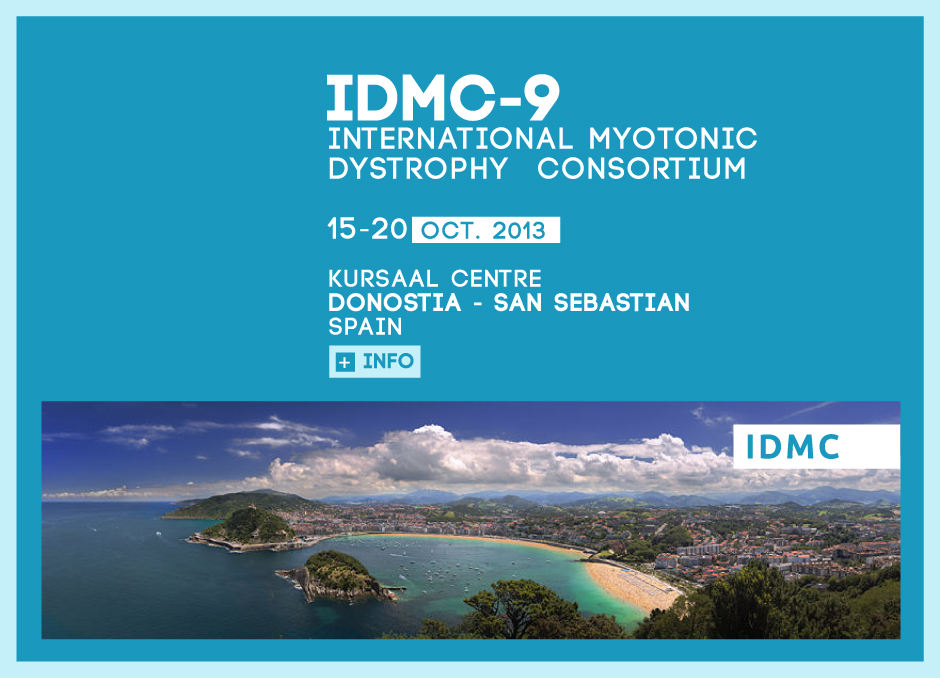A highly promising Compound has formed the basis for a new pharmaceutical company. This company is Called Atricode and is based on compounds that have been researched at University of Southern California to treat and cure Myotonic Dystrophy. Sita Reddy’s Lab has been instrumental in moving these potential treatments (MDI16) for Myotonic Dystrophy. The lab and company has recently been awarded a $90,000 grant through a competitive process. More about the grant:
2012 USC Ideas Empowered Program Grant: $90,000
Atricode is developing treatments for rare diseases. The lead indication, Myotonic Dystrophy Type 1 (DM1,) is a devastating genetic multisystem disorder with no available treatment or cure. This team identified highly potent and selective small molecule leads that rescue DM1 pathology in patient myoblasts and in DM1 mouse models. The team joined forces with experienced entrepreneurs to form a start-up company that moves the drug candidates towards the clinic. The drug candidate could be the first therapy to treat this devastating disorder and the Ideas Empowered funds are critical for the selection of the lead candidate for clinical development and to support fundraising efforts.



